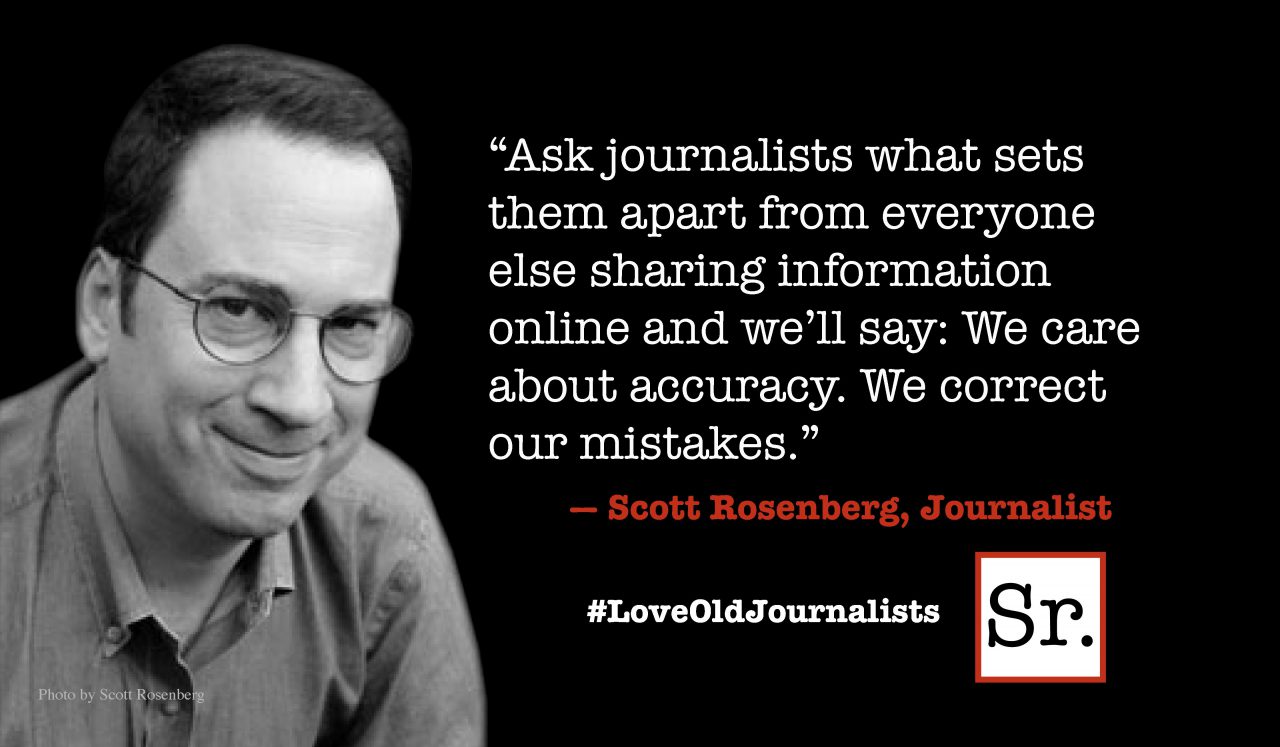Leaders who can’t fail won’t succeed because failure is essential to success. A world without failure is dead. Furthermore:
Leaders frequently fail at letting others fail.
Leaders who can’t let others fail:
- Limit growth.
- Hog tie innovation.
- Sap confidence.
- Live fearing the next failure; they’re control freaks.
- Tend to blame rather than develop.
Hand-holding isn’t helping:
Help strengthens; hand-holding creates dependency. Pseudo-kindness motivates you to hold someone’s hand — protect or cover for them.
Hand-holding doesn’t strengthen it weakens.
For example, you’ve been constantly reminding someone of deadlines because they don’t follow through. At first it was helpful. But, hand-holding enabled their weakness. Their weakness became your responsibility.
Carrying others isn’t good for anyone, over the long-term.
Frustration from covering incompetency motivates you to let go. Anger gives you the courage to do what you should have done long ago. Not healthy!
Fixing your failure:
Always work with your boss. Say:
- I’ve been covering for someone’s weaknesses.
- I thought it would help but it didn’t.
- I see how I weakened the team.
- I plan to let go. I hope they rise up but they may fail.
- Do you have any suggestions?
At this point, the foolishness of hand-holding should be obvious. You blew it.
Five benefits of failure:
Trust: People who “never” fail can’t be trusted. Trust people who fail and own it. Environments where failure is prohibited are filled with deception, posturing and blame.
Growth: Failure points are often growth points.
People who can’t fail can’t grow.
Strength: Working through failure strengthens everyone.
Capacity: Strength from failure expands capacity.
Wisdom: Successful failure makes us wise, even if it’s just learning what doesn’t work.
The only reason to let someone fail is long-term benefit outweighs short-term risk. Fail small.
How do you know when it’s time to let someone fail?
How can leaders help others fail well?









